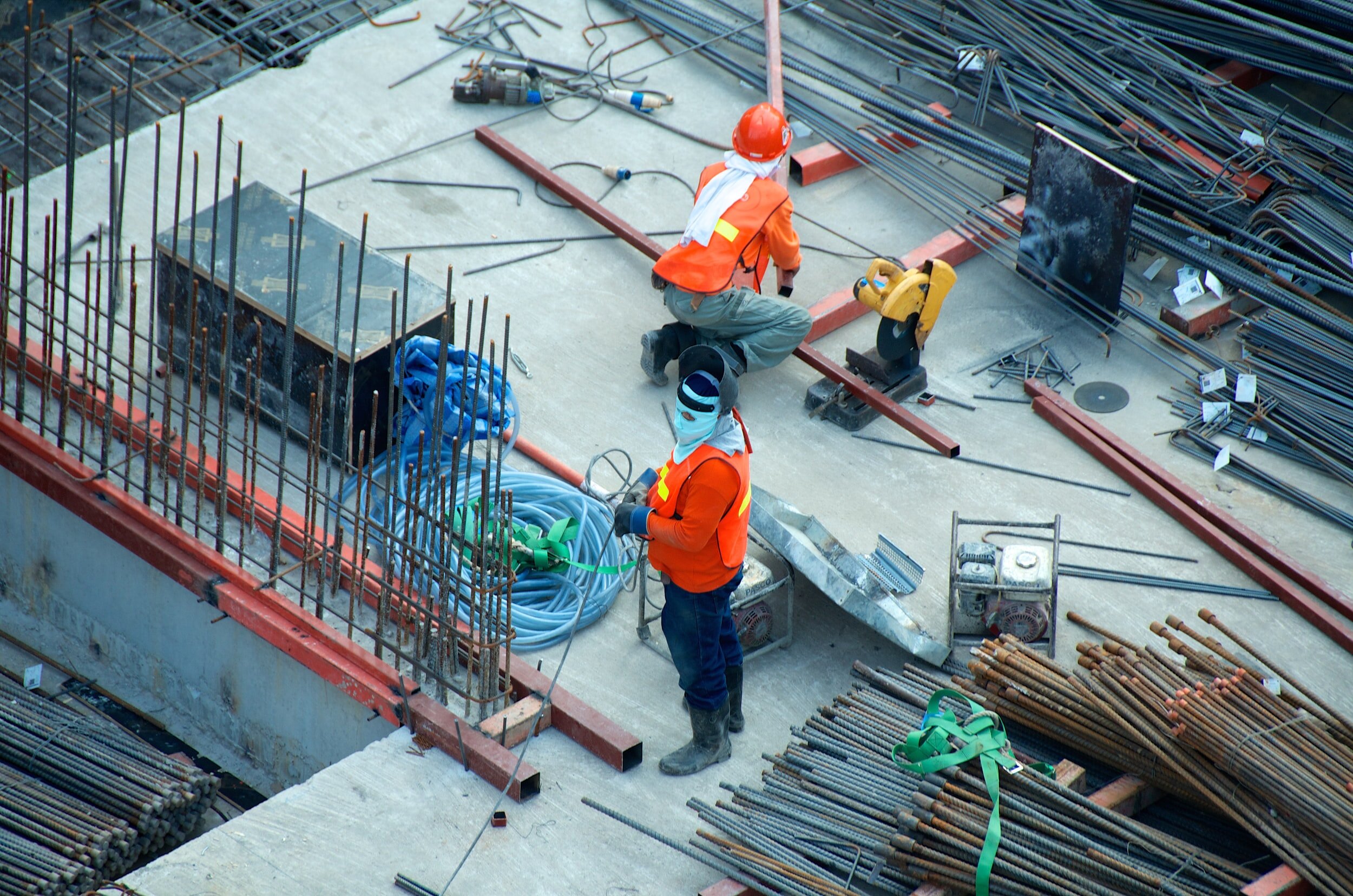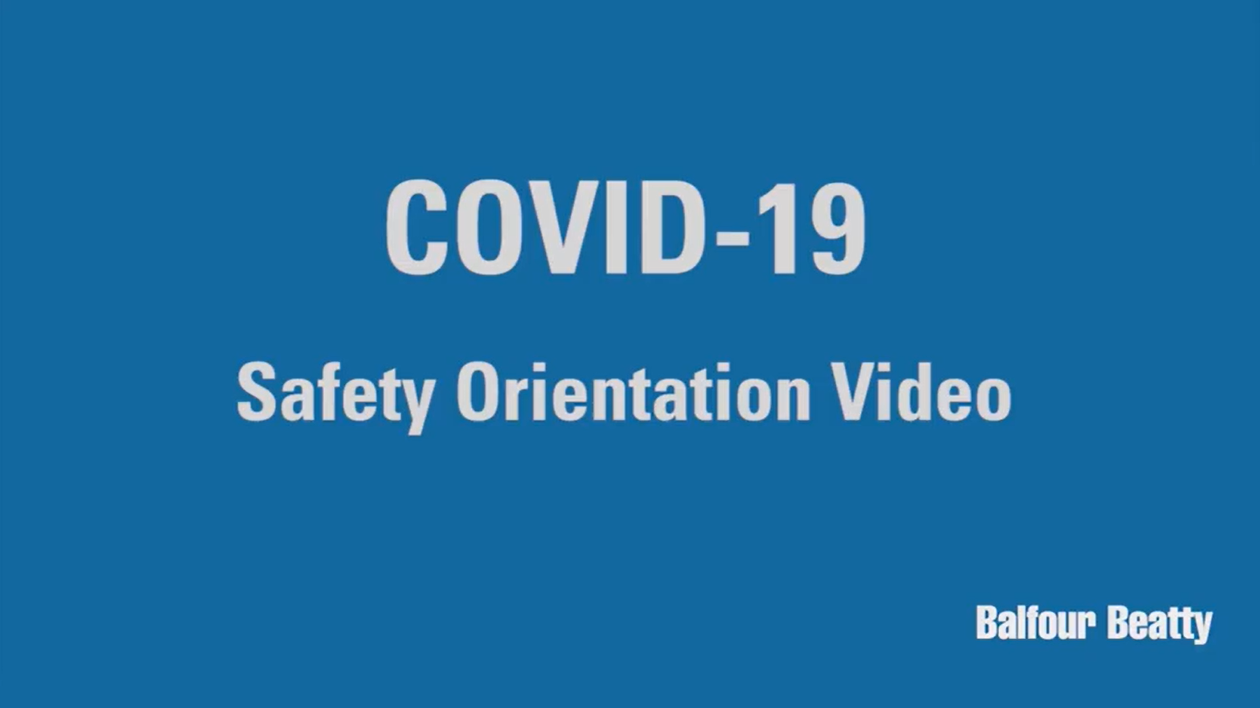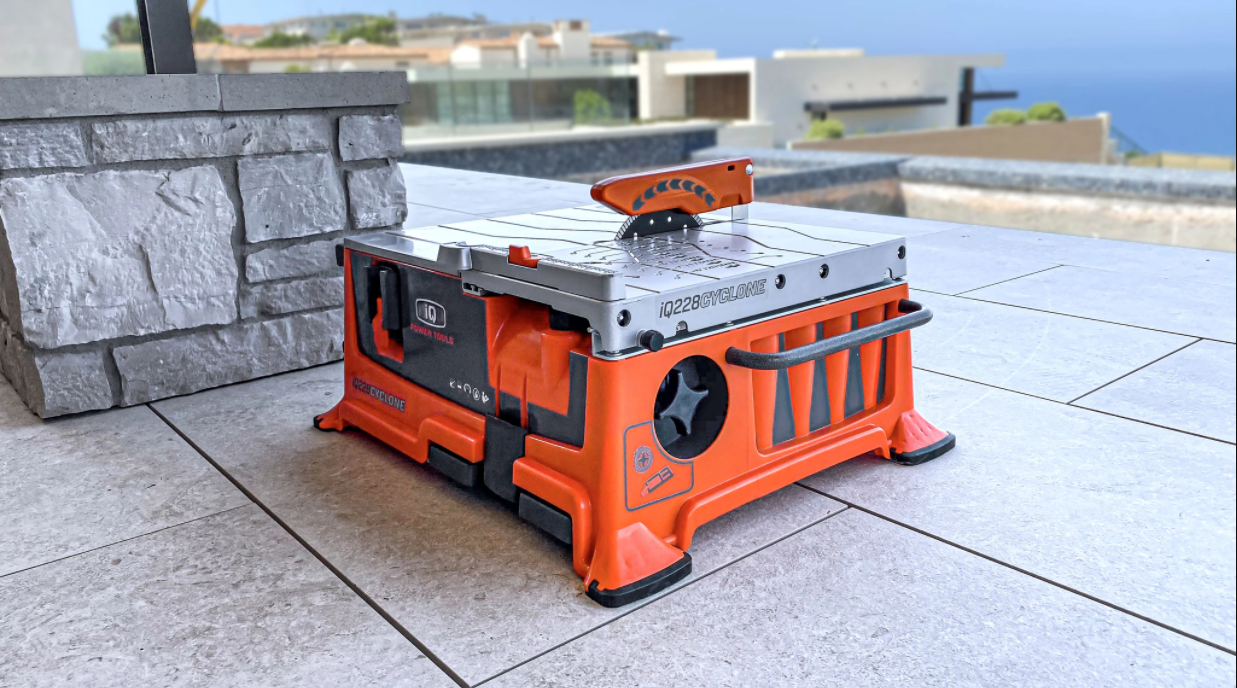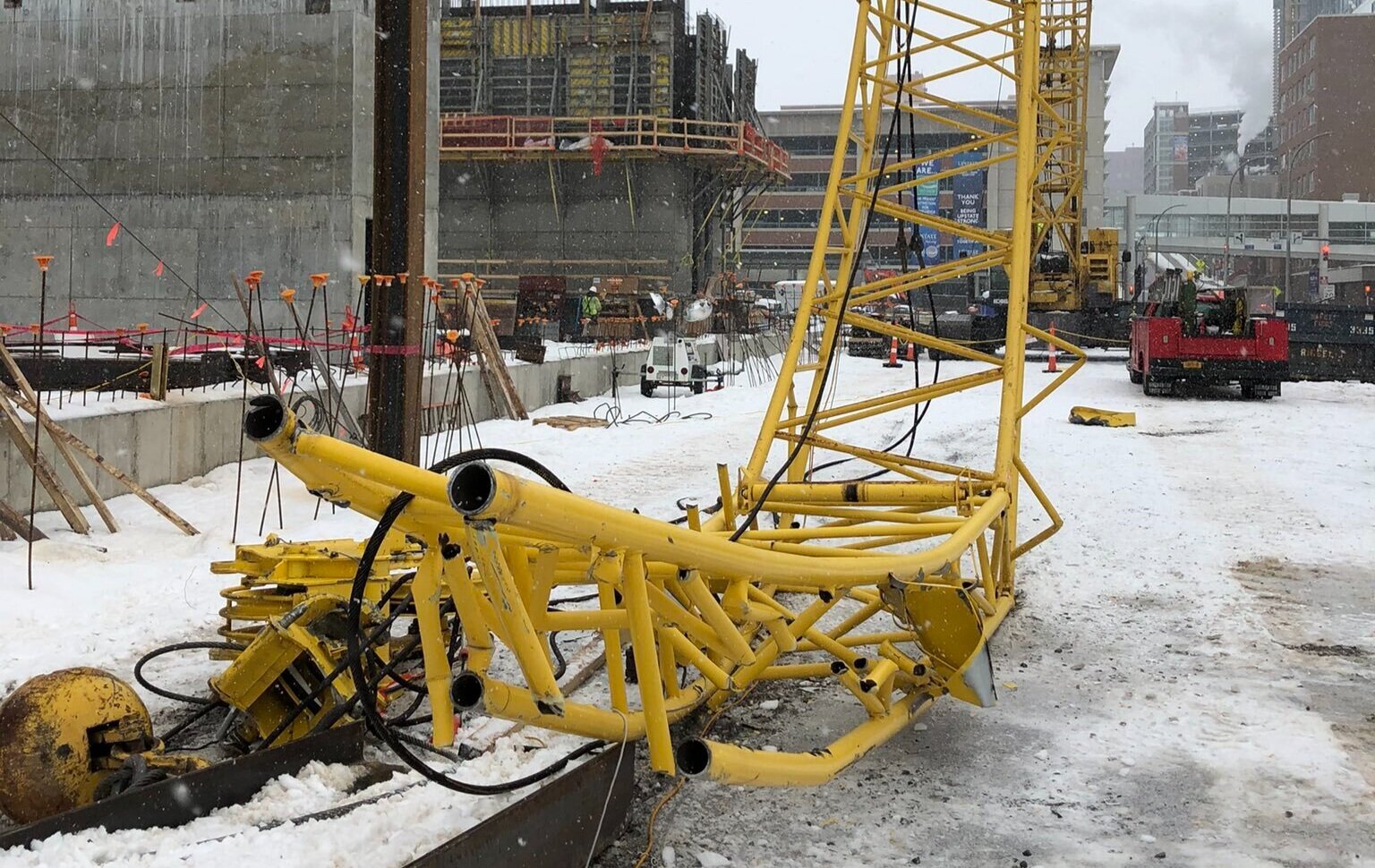In what seems to be an all-too-common occurrence recently, a partial building collapse yesterday has sadly cost the lives of 3 construction workers and injured one additional worker.
Yesterday afternoon, the Houston Fire Department responded to an emergency call involving a partially collapsed building on the West side of the city. The New York Times reported that the collapse happened during the installation of a precast concrete interior staircase that all the way from the 13th or 14th floor of the building down to the first floor.
@HoustonFire Dept. Technical Rescue Team is actively responding to a #buildingcollapse in West Houston. Three confirmed fatalities, one victim transported to nearby hospital in stable condition. HFD asks for thought and prayers for the victims and their family. @FireChiefofHFD pic.twitter.com/goGiZ4Fnso
— Houston Fire Dept (@HoustonFire) October 5, 2020
Houston FD noted the injured worker was in stable condition following the incident. Akin to the recent building collapse in New Orleans, the assistant Houston Fire Chief Ruy Lozano told reporters that the building is currently too unstable for first responders to safely enter the building. As of Monday evening, the bodies of the 3 victims have not yet been recovered, nor have their names been released.
A total of 240 workers were on-site when the incident occurred and all have been accounted for. The building under construction plans to become the future headquarters for Marathon Oil.
Local Houston news channel KPRC has more details in the video below:
[guest post] It’s a morbid statistic, but the construction industry experiences more workplace deaths than any other. With so many potential hazards, heavy-duty machinery, and power tools, it’s perhaps not surprising that serious accidents are relatively commonplace.
Even though we’re over a year into the COVID-19 pandemic, the virus is still threatening the health of construction’s workers and taking a toll on project timelines. It’s likely that your company has already determined the best course of action to help mitigate the risk of spreading the virus on your jobsites, but it’s never too late to learn from another contractor.
It’s been a little over a year since the coronavirus pandemic sent the entire world into a period of uncertainty, heartache, and panic. The construction industry itself has undertaken many different challenges, above and beyond keeping their people safe on the jobsite, many of which no one could have expected.
“You make a better door than a window!” is what I imagine loader operators constantly yell at the bucket in front of them (or maybe I’m just projecting based on my experience of having the habit of sitting right in front of the TV as a kid). Either way, operators may not be yelling that in the future, as equipment manufacturer, Doosan, has introduced what they claim is an industry first “transparent” bucket.
Reducing dust when cutting tile is important for many reasons (including safety and cleanliness), but wet tile saws can be a pain to use, with the slurry created spraying all around the work station and cold weather making the saw much more difficult to use outside. iQ Power Tools has a solution for that: the world’s first 7” portable dry table saw with integrated dust control.
In the construction industry, falls from height are continuously the leading cause of jobsite injuries, fatalities, and, as a result, OSHA citations. From May 3-May 7, OSHA invites construction employers and stakeholders to take part in their 8th annual National Safety Stand Down to Prevent Falls in Construction.
On Tuesday morning, February 23, the Syracuse Fire Department responded to a call about a collapsed crane on a construction site near the university. Thankfully, no injuries were reported.
It seems a little odd to be talking about air-conditioning when much of the United States hit some incredibly low temperatures in recent days, but a product that I learned about recently is just too exciting to ignore. Announced at CES 2021, a research company has unveiled an air-conditioned hard hat (ACHH) that can reduce the ambient temperature up to 22 degrees Fahrenheit!
2020 was a challenging year in many respects, but none greater than from a safety standpoint. The coronavirus pandemic placed the notion of “people over profits” under the microscope, while also balancing the needs of their employees to continue to make an income under difficult circumstances. While the pandemic was a large part of the construction safety conversation last year, there were several other developments to take note of for your projects in the future.











Last summer, Hilti announced that they had developed their first exoskeleton designed for construction tradespeople in a partnership with Ottobuck, a prosthetics, orthotics, and exoskeleton provider. Earlier this month, Hilti officially released the exoskeleton, announced more details, and published its retail price on their website.